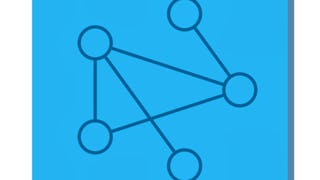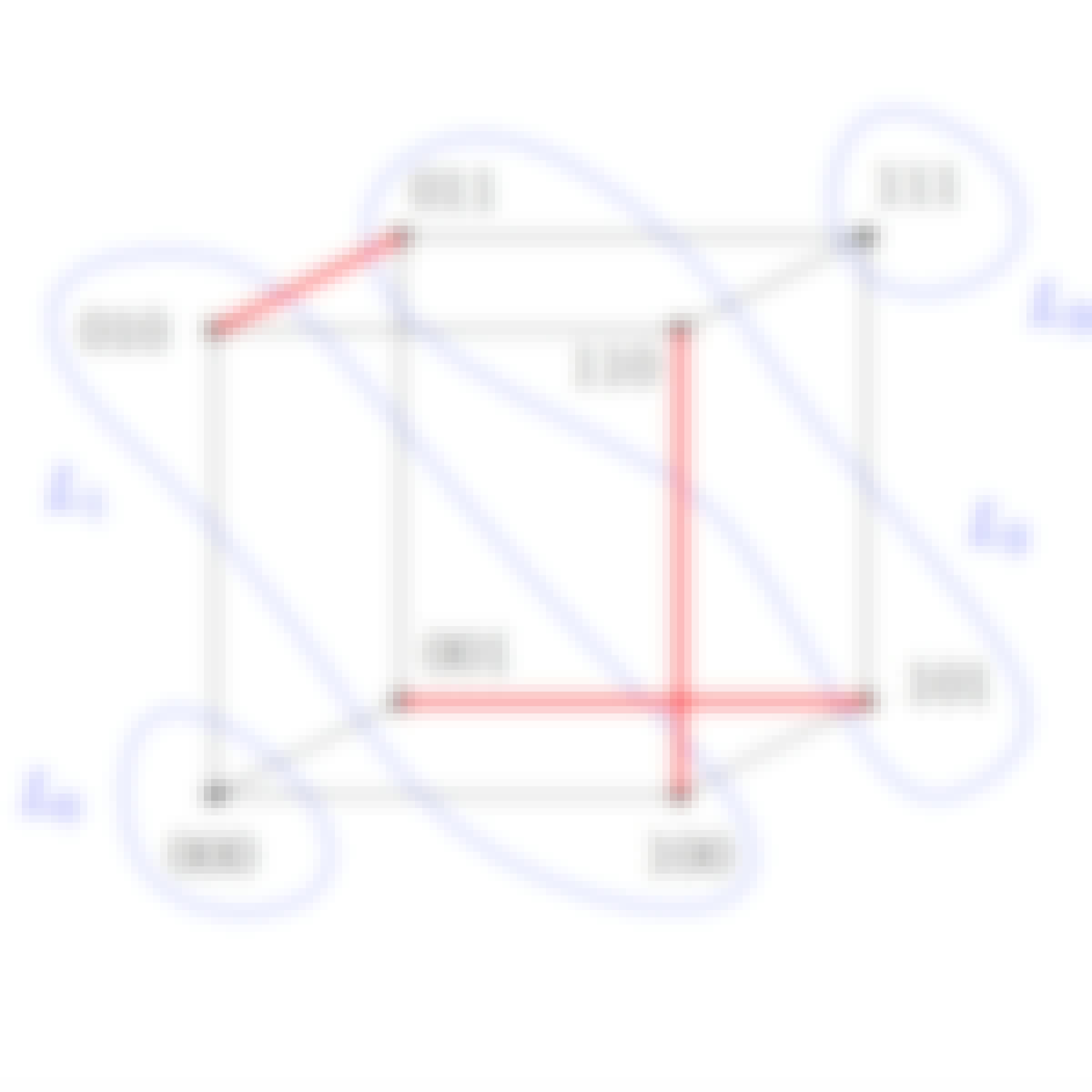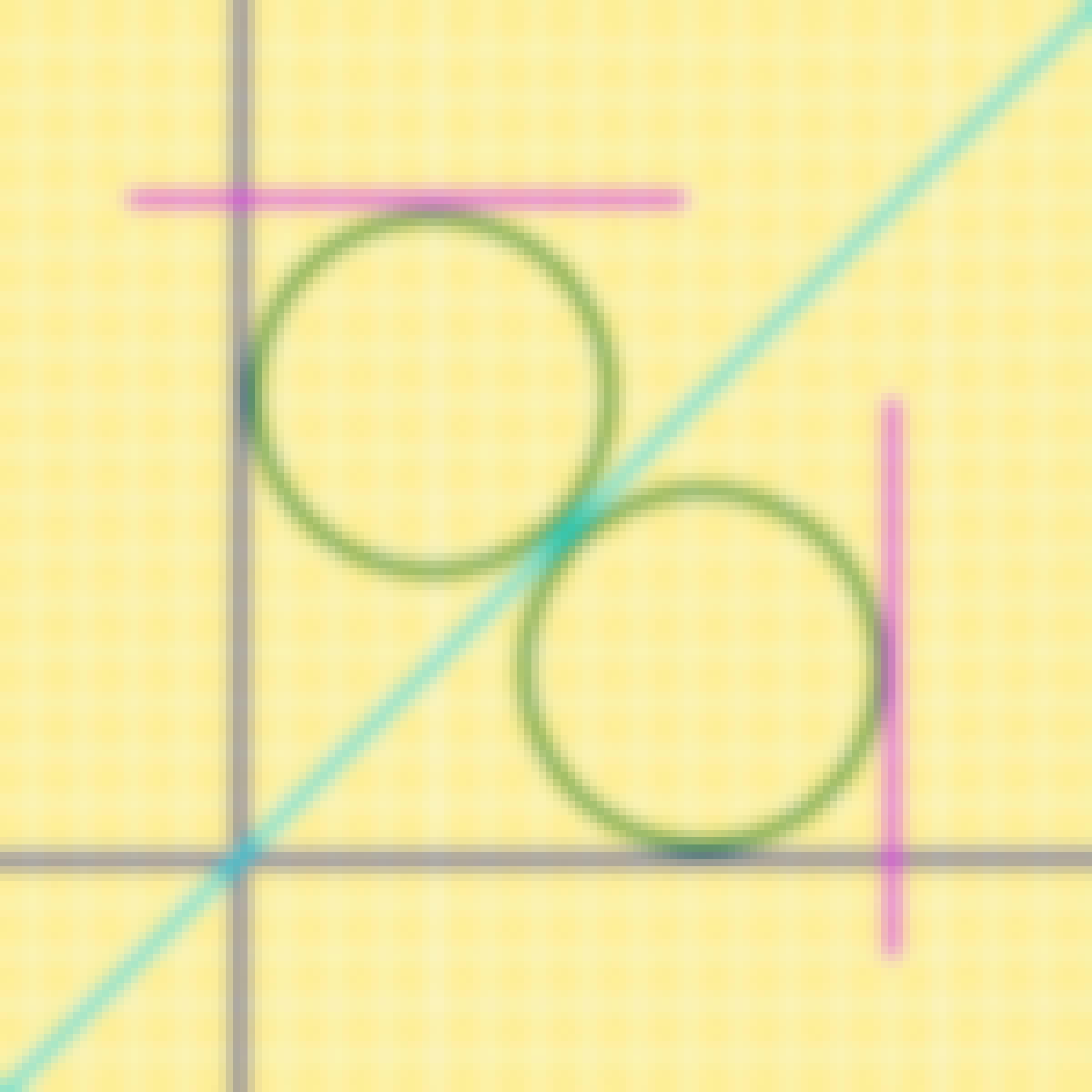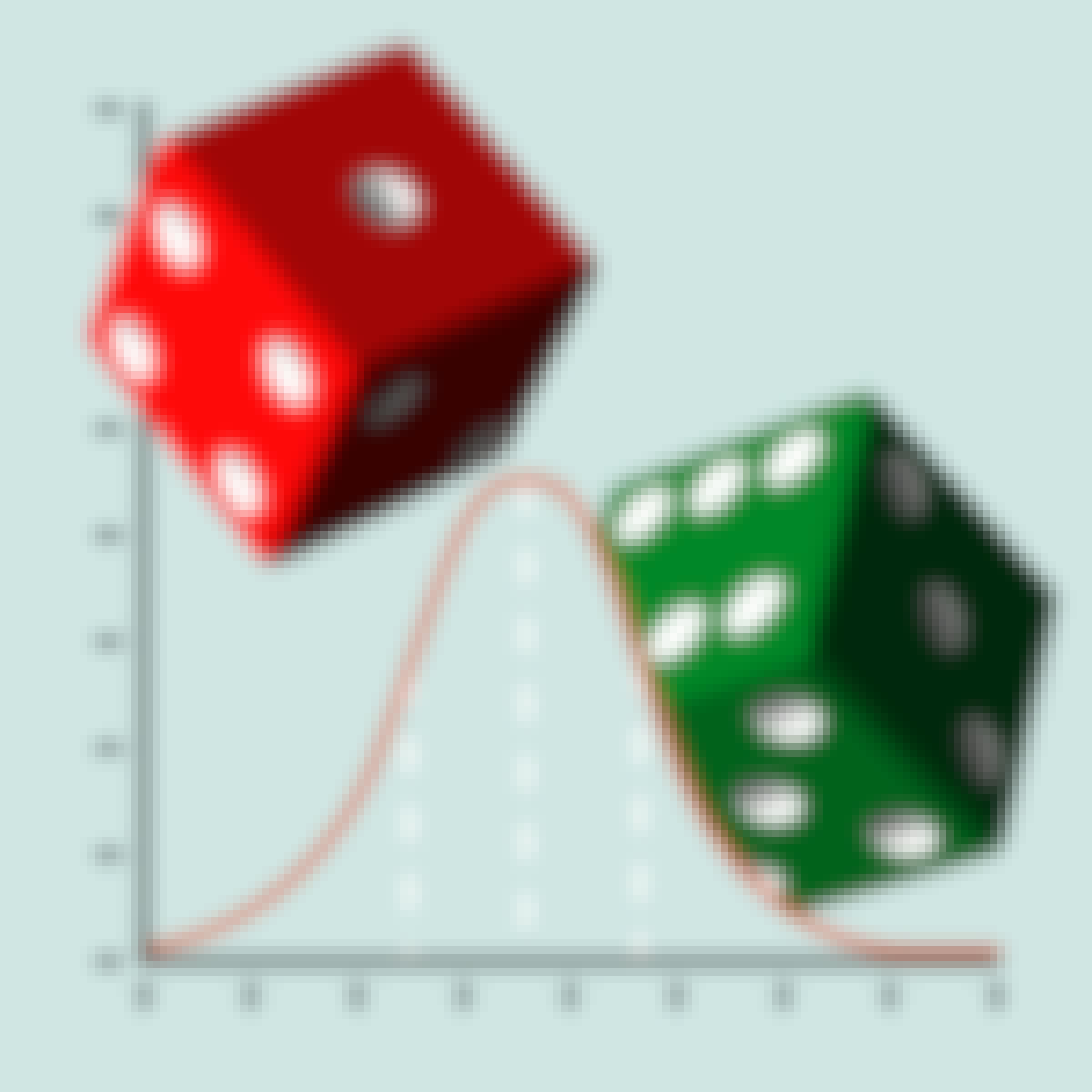Filter by
SubjectRequired
LanguageRequired
The language used throughout the course, in both instruction and assessments.
Learning ProductRequired
LevelRequired
DurationRequired
SkillsRequired
SubtitlesRequired
EducatorRequired
Explore the Combinatorics Course Catalog
 Status: Free
Status: FreePrinceton University
Skills you'll gain: Combinatorics, Graph Theory, Mathematical Theory & Analysis, Advanced Mathematics, Calculus, Theoretical Computer Science, Algebra, Applied Mathematics, Probability
 Status: Free Trial
Status: Free TrialUniversity of California San Diego
Skills you'll gain: Graph Theory, Combinatorics, Computational Logic, Computational Thinking, Probability, Theoretical Computer Science, Logical Reasoning, Deductive Reasoning, Cryptography, Probability & Statistics, Public Key Cryptography Standards (PKCS), Arithmetic, Algorithms, Mathematical Modeling, Network Analysis, Encryption, Data Structures, Mathematical Theory & Analysis, Operations Research, Computer Security
 Status: Preview
Status: PreviewStanford University
Skills you'll gain: Mathematical Theory & Analysis, Mathematics and Mathematical Modeling, Deductive Reasoning, Calculus, Logical Reasoning, Computational Logic, General Mathematics
 Status: Free Trial
Status: Free TrialUniversity of California San Diego
Skills you'll gain: Combinatorics, Probability, Probability & Statistics, Computational Thinking, Mathematical Modeling, Algorithms, Python Programming, Simulations
 Status: Free Trial
Status: Free TrialDeepLearning.AI
Skills you'll gain: Linear Algebra, Descriptive Statistics, Statistical Hypothesis Testing, Bayesian Statistics, Probability Distribution, Probability & Statistics, Sampling (Statistics), Calculus, Applied Mathematics, Advanced Mathematics, A/B Testing, Statistics, Probability, Numerical Analysis, Mathematical Modeling, Statistical Analysis, Data Science, Machine Learning Algorithms, Dimensionality Reduction, Machine Learning
 Status: Free Trial
Status: Free TrialUniversity of California San Diego
Skills you'll gain: Graph Theory, Combinatorics, Algorithms, Theoretical Computer Science, Network Analysis, Data Structures, Mathematical Theory & Analysis, Bioinformatics
What brings you to Coursera today?
 Status: Preview
Status: PreviewShanghai Jiao Tong University
Skills you'll gain: Graph Theory, Combinatorics, Theoretical Computer Science, Mathematical Theory & Analysis, Network Analysis, Advanced Mathematics, Computer Science, Data Structures, Algorithms, Computational Thinking, Probability

The University of Sydney
Skills you'll gain: Linear Algebra, Geometry, Algebra, Arithmetic, Applied Mathematics, Computational Logic, Computer Graphics
 Status: Preview
Status: PreviewGeorgia Institute of Technology
Skills you'll gain: Operations Research, Combinatorics, Applied Mathematics, Graph Theory, Algorithms, Computational Thinking, Mathematical Modeling, Linear Algebra, Programming Principles, Theoretical Computer Science
 Status: Preview
Status: PreviewStanford University
Skills you'll gain: Computational Logic, Logical Reasoning, Computational Thinking, Theoretical Computer Science, Computer Science, Problem Solving, Technology Solutions, Relational Databases, Verification And Validation
 Status: Preview
Status: PreviewUniversity of Zurich
Skills you'll gain: Probability, Probability Distribution, Probability & Statistics, Risk Management, Statistics, Descriptive Statistics, Risk Analysis, Finance
 Status: Free Trial
Status: Free TrialUniversity of Colorado Boulder
Skills you'll gain: Graph Theory, Data Structures, Algorithms, Theoretical Computer Science, Computational Thinking, Python Programming
In summary, here are 10 of our most popular combinatorics courses
- Analytic Combinatorics: Princeton University
- Introduction to Discrete Mathematics for Computer Science: University of California San Diego
- Introduction to Mathematical Thinking: Stanford University
- Combinatorics and Probability: University of California San Diego
- Mathematics for Machine Learning and Data Science: DeepLearning.AI
- Introduction to Graph Theory: University of California San Diego
- Discrete Mathematics: Shanghai Jiao Tong University
- Introduction to Linear Algebra: The University of Sydney
- Discrete Optimization: Georgia Institute of Technology
- Introduction to Logic: Stanford University










